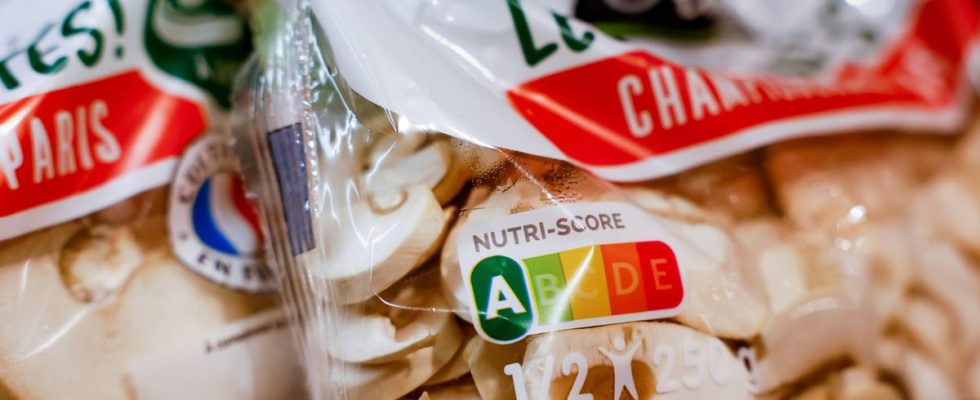In search of consensus. The European Union wants to find a harmonized solution for labeling food, after ruling out the Nutri-Score. With its pellets ranging from green to red with the letters from A to E allowing to evaluate the content of food in “good nutrients” (proteins, fibers) and “bad” (sugar, salt, fatty acids), the Nutri- Score français was initially the favorite to be extended to all Member States.
It has already been adopted by six EU Member States: France, Germany, Belgium, the Netherlands, Luxembourg and Spain. It was without taking into account the virulent opposition of Italy which succeeded in rallying Cyprus, Greece, the Czech Republic, Romania or even Hungary. “An intense lobbying campaign against this tool for the benefit of commercial interests has unfortunately blurred the cards”, regrets Emma Calvert, of the European Consumers’ Unions Bureau (BEUC), while in Europe obesity now affects one adult in four, according to the WHO.
Brussels is currently examining the various existing displays: the Nutri-Score, the main lines of which can always ultimately serve as inspiration, the green or black logos of the Nordic countries (less restrictive) but also the system defended by Italy , the Nutrinform Battery, which takes into account the portions potentially consumed.
“Discriminatory and penalizing” devices according to Giorgia Meloni
As soon as her election campaign, Italian Prime Minister Giorgia Meloni had set foot in the dish, denouncing “discriminatory and penalizing devices for our agri-food system”. The powerful Italian industry and its giants like Ferrero would be affected and Rome also says it fears a devaluation of the flagship products of its gastronomy and of the Mediterranean diet (olive oil, honey, cheeses such as parmesan, Parma ham, pizzas, etc.) .
The idea would be to take into account the portions. For the time being, the French Nutri-Score effectively evaluates foods according to the same reference of 100 grams or 100 milliliters in order to promote comparisons, without taking into account the fact that some, such as olive oil or cheese , are consumed in small quantities.
In the meantime, time is running out: the Commission’s proposal must be debated by the States and then submitted to MEPs whose mandate expires in 2024. If the Commission misses the boat, “it will be a major missed opportunity to help European consumers, by especially the most vulnerable”, regrets Emma Calvert.

